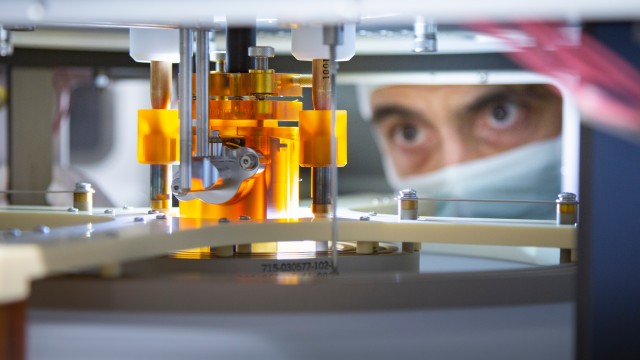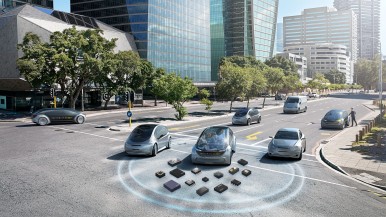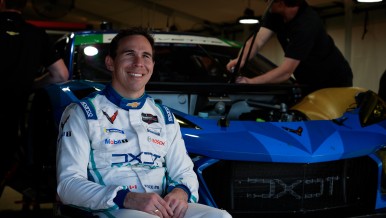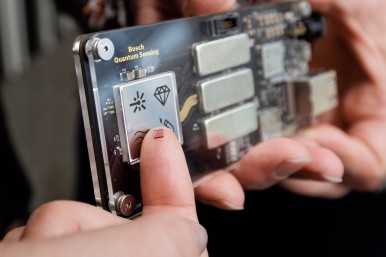Current portfolio
Bosch manufactures and sells electronic components for vehicles and for consumer electronics. These include application-specific integrated circuits (ASICs), power semiconductors and microelectro-mechanical systems (MEMS) such as acceleration, pressure, yaw-rate, magnetic field, mass-flow and environ-mental sensors.
Manufacturing sites
- Reutlingen (150-mm and 200-mm technology)
- Dresden (300-mm technology)
Patents
Bosch holds more than 1,000 patents and patent applications for MEMS technology as well as more than 500 in the field of semiconductor technology.
Market
The requirements after semiconductor chips (ASICs, power semiconductors and MEMS) will further increase. The reason is about a rise of the proportion of semiconductors in electronic devices and car applications, e.g. connected and automated driving or the electro mobility. Microelectronics can be seen as technological key sector.
Expertise in innovation and technology
Invented for life
For more than 60 years Bosch has been developing and manufacturing microelectronic components and systems. In 1958 the first semiconductor product a “Variode” was produced in Stuttgart-Feuerbach. Semi-conductors (integrated circuits) have been manufactured at the wafer fab in Reutlingen since 1970.
Know-How in semiconductor’s business
Microelectronics: Bosch is making key business Technologies accessible and is inventing innovative production measures. The company developed the microfabrication technique called “Bosch Prozess” in 1994 where new semiconductors can be manufactured.
Sensor technology
Since 1995 Bosch has been producing more than 15 billion MEMS and is now the world market leader in this field.
“Deutscher Zukunftspreis 2008“
Award winning invention of a new procedure for the surface micromechanics.
First AIot-plant in Dresden
In 2021 Bosch opened one of the most modern wafer fab in the world: a highly automated and intelligent plant, with fully connected machines and embedded processes combined with artificial intelligence methods.
New innovation in series
At the end of 2021: start of production of Silicon carbide (SiC) semiconductors which are used in the power electronics of electric cars reaching more range and faster charging stops.
Vertical synergies
Bosch is one of the leading suppliers in the automotive industry with an own sector for semiconductors.
Investments
Capital expenditure
In its wafer fabs in Reutlingen and Dresden alone, Bosch has invested more than 2.5 billion euros since 200-millimeter technology was introduced in 2010. On top of this, billions of euros have been invested in developing microelectronics.
2021
The wafer fab Dresden is the biggest single Investment of the company’s history with about one billion euros of investment. Till 2023 in Reutlingen: more than 150 million euros will be invested for new cleanroom surface areas in existing buildings and 150 new jobs in the fields of semiconductor development will be raised.
2022
More cleanroom surface areas for meeting the demand of chips: more than 400 million euros for the expansion in Dresden, Reutlingen, Penang.
2023
Expansion of the existing cleanroom surface area in Dresden for more than 250 million euros.
Till end of 2025
State-of-the-art manufacturing: more than 250 million euros will be invested for a new element, the total amount of the cleanroom surface area will raise up to 44,000 m².






